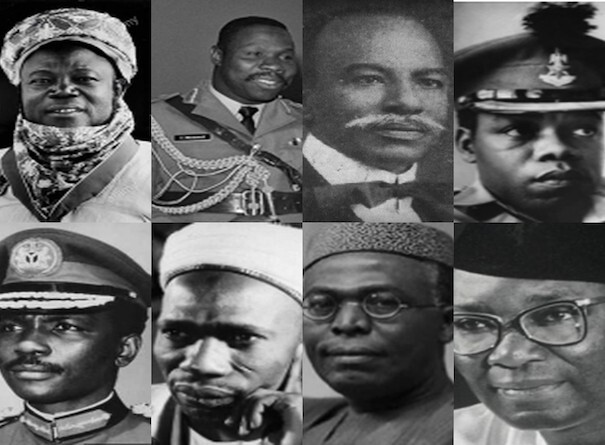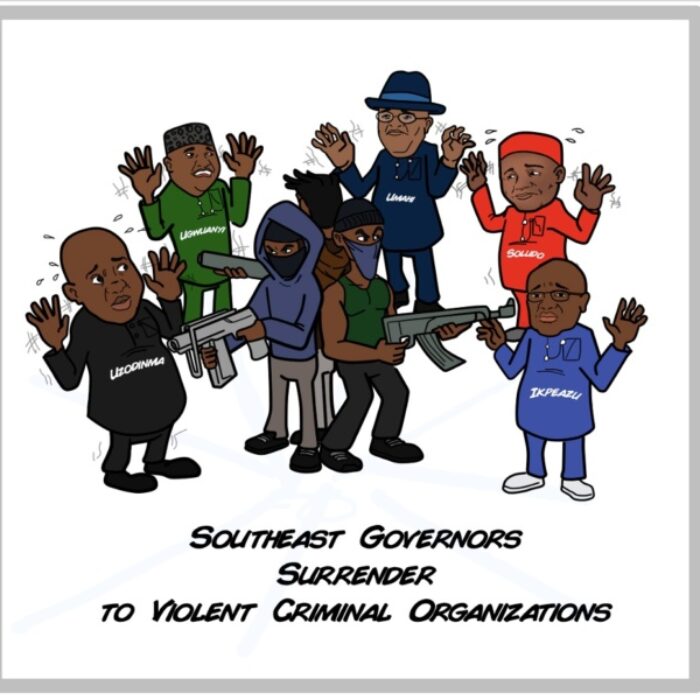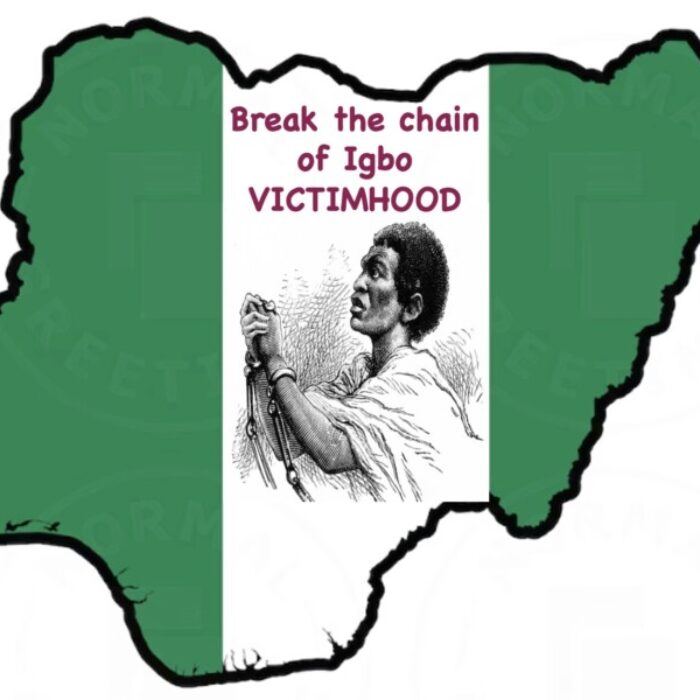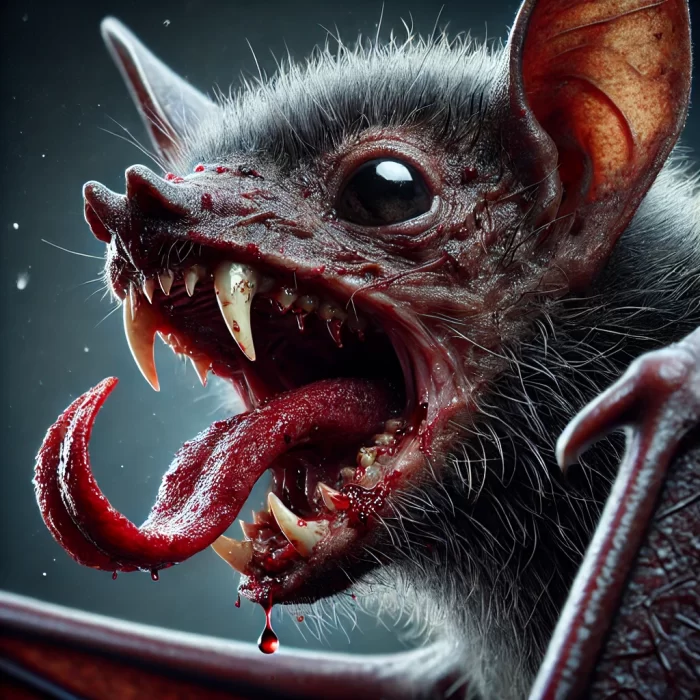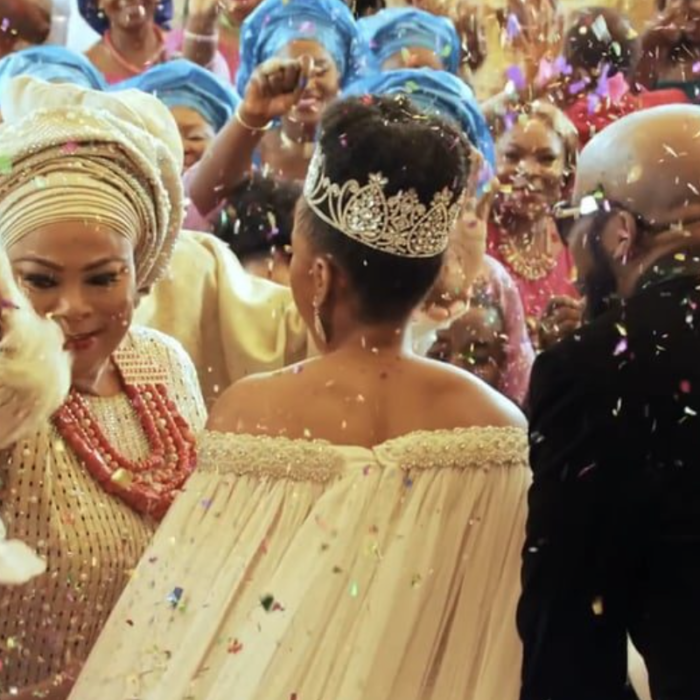By Nnaoke Ufere
Heroes have always played a crucial role in binding societies, offering narratives of courage, sacrifice, leadership, and moral integrity. These individuals, whether real or mythical, provide nations with a sense of history, identity, unity, and shared values.
Despite its rich history of remarkable individuals who have significantly contributed to the nation’s development, Nigeria faces a deficit of nationally celebrated heroes and an abundance of villains. This complex dynamic makes it challenging to elevate any single individual to the status of a national hero.
As a nation without nationally recognized heroes, Nigeria is like a ship without a compass, drifting aimlessly in a turbulent ocean. In every stable and successful nation, heroes provide a moral compass and inspirational guidance, unifying and motivating ordinary people to achieve their full potential.
The absence of national heroes in Nigeria has created a void in the country’s history and consciousness, erasing empowering stories that inspire collective action, patriotism, pride, and unity.
What happens when a nation like Nigeria lacks heroes? How does this void impact the collective psyche and cultural fabric of society? This essay explores these critical questions.
First, I will discuss the general role of heroes in society. Then, drawing from historical analysis and surveys of Nigerian political scientists and historians, I will examine potential national heroes from the period of independence to the present day. Finally, I will explore the consequences of lacking nationally and universally acknowledged heroes in Nigeria.
The Role of Heroes in Constructing National Identity and Values
Studies show that heroes play a pivotal role in shaping national values, identity, and history. They embody the aspirations and struggles of a people, serving as symbols of what a society deems admirable and worth striving for.
Figures like George Washington in the United States, Mahatma Gandhi in India, Deng Xiaoping in China, Martin Luther King Jr. in the USA, Nelson Mandela in South Africa, Lee Kuan Yew in Singapore, and Ho Chi Minh in Vietnam inspire citizens to pursue higher ideals, fostering a sense of pride, patriotism, and belonging.
Heroes also serve crucial educational purposes, teaching successive generations about virtues like bravery, selflessness, patriotism, and resilience. Through their stories, societies transmit cultural values and historical lessons, ensuring continuity and cohesion.
These narratives help individuals understand their world and their place within it, reinforcing societal norms and providing role models for future generations.
The Void of Heroes in Nigeria
When asked to identify national heroes, a diverse group of political scientists and historians in Nigeria could not identify a single national hero meeting the criteria of vision, courage, moral integrity, leadership, competence, empathy, strength of character, and inspiration. While some tribal and regional heroes were mentioned, none met the standards for a national hero.
The following leaders, among many considered, are profiled to draw lessons for future leaders aspiring to become national heroes:
Dr. Nnamdi Azikiwe, Nigeria’s first president, played a pivotal role in securing independence but faced significant criticisms that mar his legacy. His alliance with the Northern People’s Congress is seen as self-serving, exacerbating ethnic tensions and marginalizing other groups, notably the Yorubas. His administration faced allegations of corruption and ineffective governance, contributing to the political instability of the First Republic and the 1966 military coup. These shortcomings prevent him from being considered a national hero.
Chief Obafemi Awolowo, the first Premier of the Western Region, is celebrated for his contributions to Nigeria’s independence and development but remains controversial due to his role in the Nigerian Civil War. His advocacy for the economic blockade of Biafra, which led to severe starvation and many untimely deaths, has left lasting resentment among many Igbo people, exacerbated by his statement that “starvation of civilians is a legitimate weapon of war.” Additionally, his political strategies contributed to instability in the Western Region, culminating in a national crisis. Consequently, he is not considered a national hero.
Sir Ahmadu Bello, the first Premier of Northern Nigeria, played a key role in Nigeria’s journey to independence but faced criticism for his “northernization” policy, which prioritized Northern Nigerians in civil service positions, fostering regionalism and ethnic divisions, and limiting Southern recruitment. His alignment with the British colonial system and indirect rule was seen as lacking nationalist fervor. His focus on maintaining traditional structures and resisting rapid modernization meant that the Northern region lagged in economic and educational development compared to the South. His policies and attitudes contributed to regional disparities and tensions, preventing him from being considered a national hero.
Sir Abubakar Tafawa Balewa, Nigeria’s first Prime Minister, struggled with managing deep ethnic and regional divisions, perceived favoritism toward the Northern region, and political instability. This imbalance fueled resentment and contributed to unrest and violence in the First Republic. Allegations of corruption and electoral malpractice, particularly during the 1964 elections, further undermined public confidence. These criticisms highlight the challenges Balewa faced in balancing regional interests and maintaining national unity, ultimately contributing to the political instability that marked Nigeria’s early post-independence period. These contributing factors to national unity and stability disqualify him as a national hero.
Herbert Macaulay, known as the “father of Nigerian nationalism,” is a figure of both acclaim and criticism. He was involved in a financial scandal, misappropriating funds as an estate executor, resulting in a two-year imprisonment. His political strategies were also divisive; his sensationalist journalism sometimes bordered on sedition, leading to a six-month imprisonment for publishing false rumors. These controversies complicate Macaulay’s legacy, challenging his status as a national hero.
General Yakubu Gowon, Nigeria’s military head of state from 1966 to 1975, played a crucial role in maintaining Nigeria’s unity but faced accusations of crimes against humanity due to the catastrophic humanitarian toll of the war, particularly the deaths of over a million civilians from a government-imposed blockade. His administration’s post-war creation of 12 states to undermine Biafran support exacerbated ethnic tensions and further tarnished his war leadership. Additionally, allegations of corruption and reluctance to transition to civilian rule further eroded his legacy, disqualifying him as a national hero.
Former President Olusegun Obasanjo, despite his significant contributions to the country, is not widely considered a national hero due to several controversial aspects of his tenure from 1999 to 2007. While his tenure was marked by notable achievements like the establishment of anti-corruption agencies (ICPC and EFCC) and efforts to reform the economy, it was also marred by accusations of corruption and authoritarian tendencies. Critics argue that his decisions often appeared self-serving, such as his imposition of successors like Umaru Yar’Adua and Goodluck Jonathan, which did not always align with national interest, led to political instability. Additionally, his administration’s handling of ethnic and regional tensions, coupled with allegations of human rights abuses, has overshadowed his efforts towards national unity and development. These factors collectively complicate his legacy and prevent him from being universally regarded as a national hero.
Chief Chukwuemeka Odumegwu Ojukwu, leader of Biafra during the Nigerian Civil War, is celebrated and revered in the Igbo heartland for defending the Igbo people against perceived violence and discrimination. However, his broader reputation in Nigeria is tarnished by the war’s catastrophic impact and his controversial political and war decisions. Accusations of poor leadership and the unnecessary prolongation of the conflict, along with his failure to prepare for the military and economic realities of an independent Biafra, resulted in immense suffering. Ojukwu’s decision to flee Biafra as the tide of war turned against him has been viewed by some as a controversial and cowardly abandonment of his people during their greatest time of need. These factors complicate his legacy and prevent him from being considered a national hero.
When younger people were asked to name national heroes, they often mentioned celebrities, professional soccer players, or social media figures, reflecting a shift towards flamboyance, excess, and materialism, which rarely foster true national heroism.
A deeper issue is Nigeria’s struggle with its own values, history, and identity. Every developed country has a collective story of heroism and heroes. Nigeria lacks a narrative enriched with heroic figures that could serve as moral benchmarks.
Tribal or religious biases often filter perceptions of right and wrong, hero and villain, undermining any consensus on core values or national identity. Without a unified sense of identity and values, the emergence of genuine heroes is stifled.
Why we have no Heroes
Our lack of national heroes arises from political corruption, societal cynicism, tribalism, religious bias, and prevalent personality flaws.
Political corruption erodes public trust, making it difficult to admire and emulate public figures. Societal cynicism, fueled by the media’s focus on negative news, undermines the recognition of genuine heroism, as achievements are often met with skepticism.
Tribalism and religious bias further hinder the emergence of national heroes, as these divisions create barriers to recognizing figures who can unite the entire nation.
Additionally, prevalent personality flaws among potential leaders—such as selfishness, dishonesty, and lack of integrity—prevent them from being seen as role models.
In a society where allegiance to tribal or religious groups supersedes national identity, and where personal shortcomings are commonplace, finding individuals who can transcend these divides and be accepted as national heroes becomes challenging.
Consequences of Not Having National Heroes
Without heroes, we’ve struggled to define our identity, history, and shared values. Without heroes we’ve struggled to maintain a unified and cohesive society and a solid moral foundation, resulting in a fragmented society driven by cynicism and self-interest rather than shared goals and common purpose.
Without these exemplary figures, young people lack role models, and educators find it challenging to inspire and guide students. Heroes are crucial for fostering nationalism and social cohesion, providing narratives of resilience and moral clarity. Their absence leaves a moral and ethical void, leading to significant challenges in national identity, moral values, and collective inspiration.
Also, the lack of unifying symbols has significantly weakened our sense of unity, collaboration, patriotism and collective purpose. This erosion of national unity, especially under the Tinubu administration, has made it increasingly difficult for people to come together during challenging times, resulting in a fragmented society.
Furthermore, heroes inspire individuals to achieve greatness and strive for excellence. Without them, we have lacked role models, resulting in a society with diminished ambition and drive to overcome adversity or solve national problems. There’s a reason Nigerians are called the frozen people.
Heroes also play a crucial role in storytelling, helping people connect with their past and understand their nation’s journey and history. Without these figures, our younger generations have lost touch with their heritage and the important lessons it holds, leading to cultural and historical amnesia.
Additionally, without heroic stories, the transmission of cultural values and historical lessons is impeded, leading to a loss of continuity and social cohesion. As such, our national psyche has struggled with direction and motivation, affecting national development and stability.
Conclusion
As a nation without universally celebrated heroes, Nigeria risks losing its moral, cultural, and historical bearings. While the nature of heroism may evolve, the need for figures who embody the highest ideals of our society remains crucial for solving our problems and building a united, safe, and prosperous Nigeria for all.
To redefine what it means to be a hero in Nigeria, we must commit to fostering a culture where heroism is nurtured, celebrated, and seen as a pivotal part of our national identity. Only then can we hope to see a Nigeria where unity, peace, and progress are not just ideals but realities.
Teaching our children to love Nigeria is crucial for fostering national unity, pride, and progress. Instilling patriotism from a young age can help combat the ethnic and religious divisions, corruption, and apathy that have hindered the nation’s development.
Educating children about Nigeria’s rich cultural heritage, diverse ethnicities, and achievements nurtures a generation that values and strives to improve their homeland. Encouraging active civic participation, promoting national symbols, and emphasizing unity and collective responsibility are key steps in this process.
This approach will empower young Nigerians to become committed citizens who positively contribute to the nation’s growth and prosperity, becoming the heroes of tomorrow.
Additionally, our concept of heroism should evolve to include scientists, teachers, activists, military personnel, healthcare workers, and everyday citizens performing extraordinary acts. This inclusive view recognizes diverse contributions to our nation and communities, ensuring that heroism is seen in all its forms and celebrated for its impact on society.

